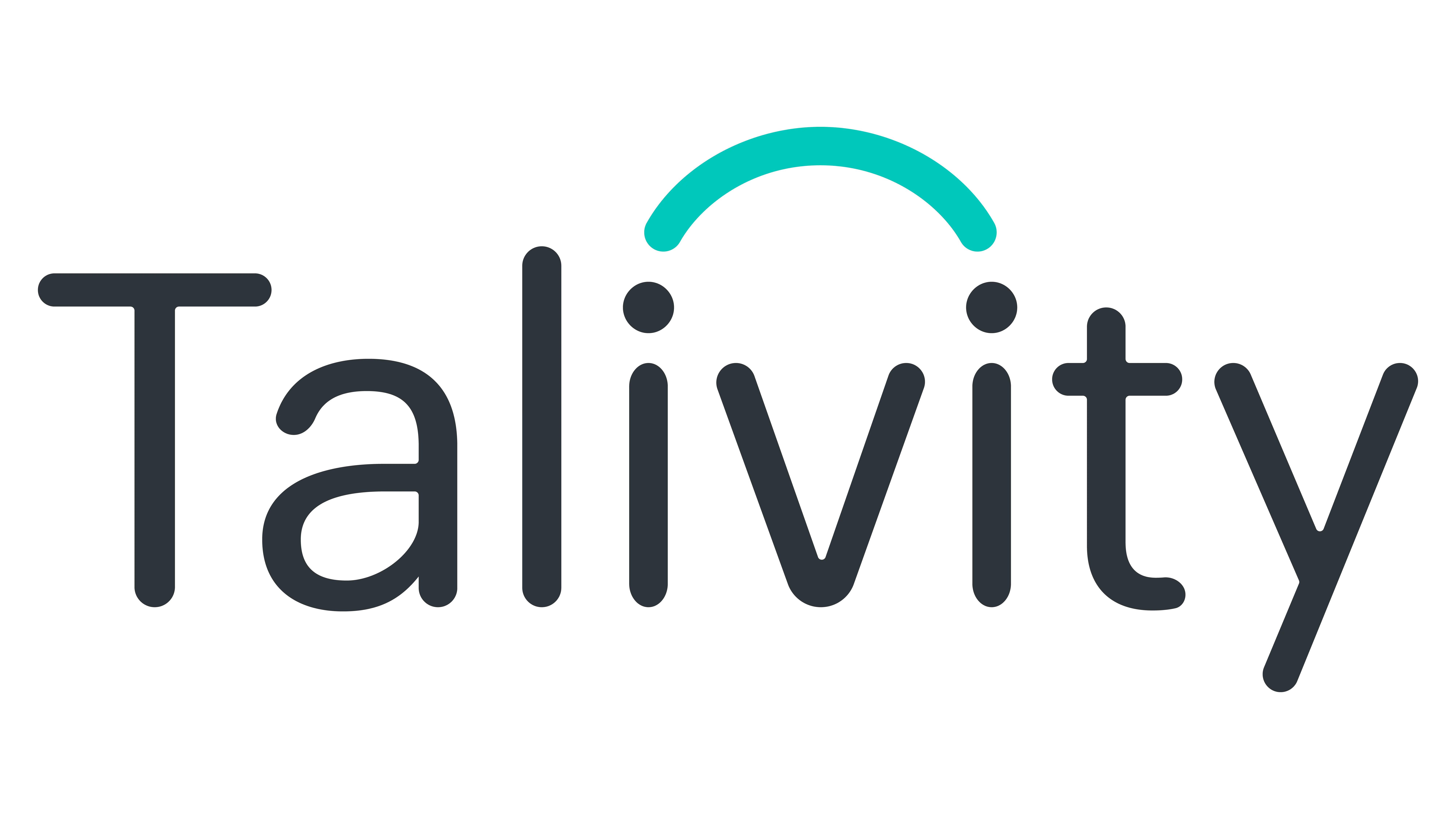Find the right solution for your business.
Explore SolutionsTo get our content delivered to your inbox, subscribe to our newsletter here. It’s free!
Things are moving and shaking in the world of recruitment as we reach the new year, especially when it comes to SEO—and we do mean “the world.” With all of the latest news on the horizon with Google for Jobs, especially in Europe, job boards will have to adapt or possibly risk obscurity. SEO is the global king and we’re here to bring you all the scoop on changes coming to the Google for Jobs kingdom. Read on to see how your organization can stay on top of its recruitment game!
Significant Shifts in the Recruiting Industry
The 2023-2024 Global Recruiting Sites Trends survey by Job Board Doctor revealed that participants from diverse global regions reported a decline in revenue from duration-based job postings, with a rise in the pay-per-click model’s revenue contribution. Here’s a few stats:
- 54% of job boards are increasing their focus on Search Engine Optimization (SEO) in the coming year.
- External economic factors are a major concern for 40% of respondents.
- 53% are planning new employer products.
- Optimism about future opportunities has decreased compared to 2022, with 65% feeling optimistic and 13% pessimistic.
- 51% of respondents face the challenge of candidate scarcity, indicating a growing concern in the industry.
The overall trend suggests a strategic pivot towards SEO and new product initiatives amidst economic uncertainties and a tight candidate market.
Google for Jobs is Evolving
In a segment from the Chad & Cheese podcast, hosts Joel Cheesman and Chad Sowash discuss Google’s modifications to its Google for Jobs service. These changes, observed in Germany, the Netherlands and parts of the US, may shift the focus from organic job posting traffic to sponsored jobs, potentially in preparation for Google’s job ads.
Chad, in Portugal, notes he hasn’t seen these changes yet. He suggests they might be part of a beta or A/B testing phase. Joel anticipates that Google’s shift to pay-per-click job ads is a strategic move to monetize the service. Both agree that Google is fine-tuning its features based on user behavior. The final outcome of these changes is still uncertain. They also touch on the role of employers and ATS systems in adapting to these changes, emphasizing the need for a more user-friendly job application process.
Google for Jobs Overstates Clicks?
Chris Russell, owner of EvilHRjobs.com, recently noticed a discrepancy in Google for Jobs’ click counts. Google congratulated him for 1,800 clicks in 28 days, but his site analytics showed no such increase in traffic. It turned out that Google for Jobs counts clicks on job listings, even if they don’t lead to the actual website.
This issue suggests that Google’s metrics might be misleading for job board owners like Russell. The platform seems to record clicks that don’t result in actual site visits. Russell argues that Google should revise their automated emails to distinguish between website clicks and job listing views on Google for Jobs, instead of sending misleading congratulatory messages.
Google Tests New Job Listing Snippets in Europe
Google is testing new enriched job listing snippets in Europe, as highlighted by Alexander Chukovski on LinkedIn. This change, likely influenced by stricter European regulations, directly links users to job boards from the search results. The test introduces a new “Job Sites” SERP feature, enhancing visibility for job sites but potentially reducing clicks on organic search results.
This feature, more prominent than its predecessor, appears after the third organic result. It includes a job site filter, focusing solely on job-related searches. The impact on SEO and organic traffic for job sites is unclear, though it may be limited due to the feature’s position in search results. However, the visibility of the job site filter could lead to increased usage.
For job boards and aggregators, this development underscores the importance of having well-structured and relevant job search result pages. These changes create new competitive aspects in SEO.
What’s Next?
Based on what we’re seeing, here’s our take on the future of SEO and Google for Jobs globally. These predictions highlight a trend towards more personalized, mobile-optimized and ethically responsible job search and recruitment strategies, driven by evolving technology and user behavior.
- Personalized Job Searches: Enhanced AI will lead to more personalized job recommendations on Google for Jobs, tailored to individual user profiles and search histories.
- Social Media and Professional Network Integration: Expect deeper integration between Google for Jobs and platforms like LinkedIn, enabling smoother job applications through users’ existing networks.
- Mobile-First Strategies: With the rise of mobile job searching, there will be a greater focus on optimizing job listings and applications for mobile devices.
- Voice Search Optimization: As voice searches increase, job listings will need to be optimized for voice queries, focusing on conversational keywords and phrases.
- Local and Hyperlocal SEO: Emphasis will grow on local and hyperlocal SEO, targeting job listings to specific geographic areas and communities.
- Transparency and Ethical Practices: Increased pressure for transparency and ethical use of data and AI in job listings and recommendations.
- Interactive Job Listings: Job listings may become more dynamic and interactive, incorporating multimedia elements to engage candidates.
- Cross-Platform Compatibility: Job boards will need to ensure their listings are visible and compatible across various job aggregation platforms.
- Inclusivity and Diversity Focus: More emphasis will be placed on inclusivity and diversity in job listings and their marketing.
- Continuous Algorithm Evolution: Google’s algorithm will keep evolving, necessitating ongoing adjustments in SEO strategies by recruitment professionals.
Look at these clues and analyze what seems to be happening. This isn’t merely a trend; it’s a call to action. With Google for Jobs morphing and whispers of AI enhancements and potential monetization changes, the terrain is clearly shifting. Meanwhile, intriguing developments like Chris Russell’s Google anomaly and Europe’s unique approach to job listing visibility hint at a broader, global transformation. Understanding and leveraging the power of SEO becomes not just beneficial, but essential for job boards aiming to thrive.
For a comprehensive list of the top job boards—along with many other tools to help with your recruitment efforts, visit our marketplace now. Happy hiring!

